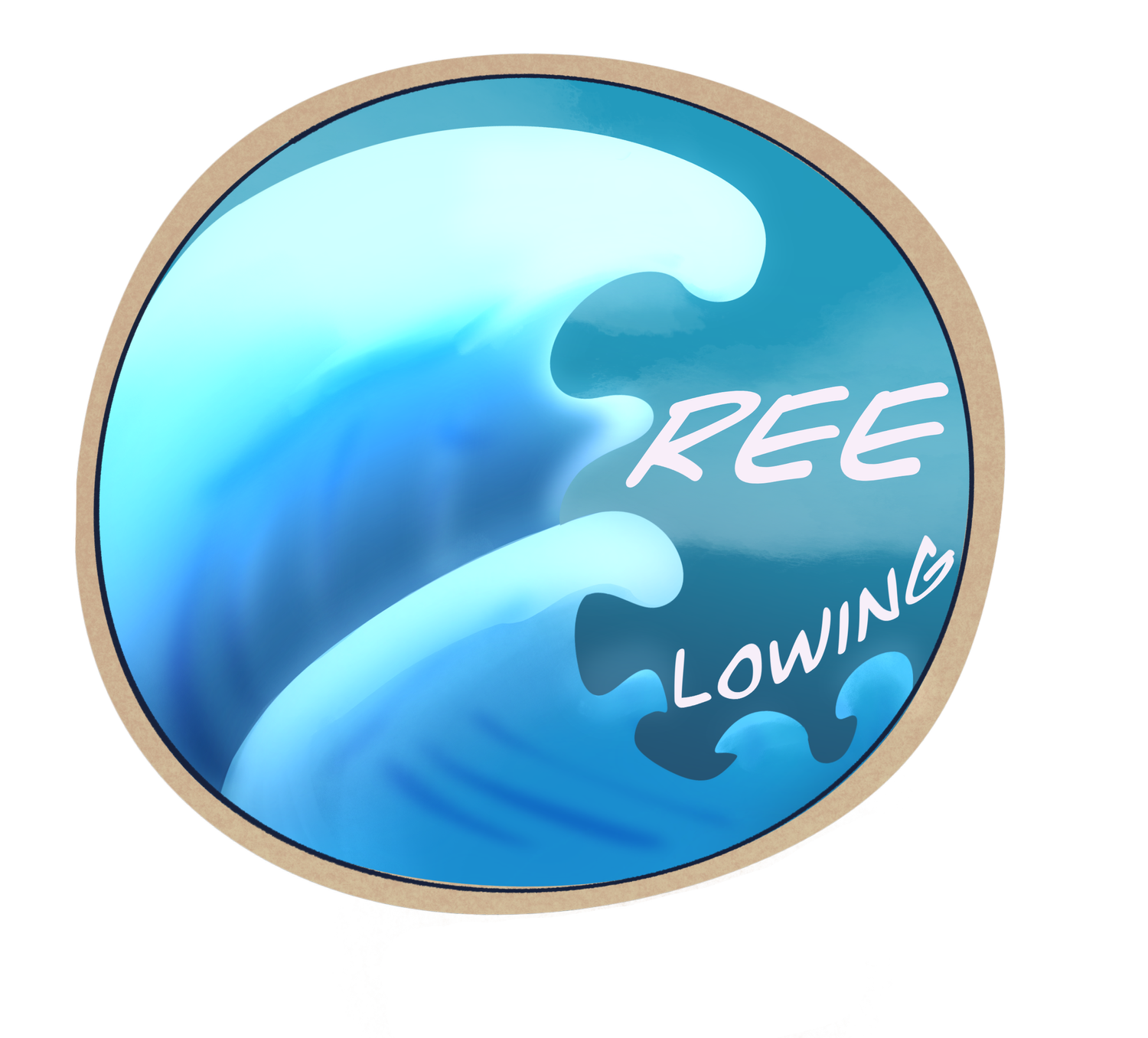Sections with a dice icon are mandatory to read to understand how to play
Paths?
Paths are the backbone of any archetype that allows you to make custom techniques, spells, and crafts. These “Custom Moves” are held back by the elements and restrictions listed on each tier of the path you choose.
By training and going through conflict, you can choose to get Path Upgrades, or Higher Path Tiers, and Path Special Upgrades that radically change the type of custom moves you can make.
Abilities?
Abilities are skills that compliment your character’s archetype and the Path that you choose to walk. Most Abilities are straightforward powers that clearly state what you can do with them instead of being able to make up as many moves as you can imagine.
Abilities are gained the same way as Paths, but usually require less time to gain. They are much simpler than Paths and less powerful.
Perks?
Perks are upgrades you are able to purchase with Battle Points after a successful combat. In stark contrast to every other path to power in Free Flowing, you cannot train for Perks like you can with Paths & Abilities. Some perks can only be bought once while others can stack an amount of times listed on the perk itself.
Character Sheets
Character Sheets are used to contain all of your character’s important information. This includes their names, descriptions, and capabilities. They are used to keep track of your progression throughout the story alongside fun details that make your character unique.
There is an arrow at the top of the page to take you to character sheets.
Battle Points
After successfully completing a combat in the eyes of your DM, you get a resource called Battle Points that you must use instantly after the combat is over. These Battle Points can be added to a resource pool like Health, Mana, Scrap, ETC; or they can be used to purchase Perks.
The amount of Battle Points given is up to the DM, but it’s commonly 4.
Variant Rule
The common amount of Battle Points is 4, however the DM can give out huge amounts like 8 for bigger battles.
Brief Rest, Short Rest, & Long Rest
Brief Rest: 5 Minutes,
Short Rest: 1 Hour. During which you can choose to use Restore (Get back a fourth of your maximum points in a recoverable resource pool) or Activity (Create a custom move, take some time to train, or other acts that take 1 short rest)
Long Rest: 8 Hours and you must have access to food and drink. You regain all lost points in all recoverable resource pools, and then remove a level of exhaustion and a grievous wound of your choice
Rewards From Resting
When the DM feels like the party has gone through enough conflict and combat before taking a long rest, they can choose to reward them at said long rest. This reward is akin to a successful training session during a short rest, meaning increases to a resource pool or speed.
Variant Rule
Training increases aren’t the only rewards DMs can bestow at rests, they could also give access to new Paths & Abilities if they feel like it.
Equipment Slots
The use of items like Weapons & Armor take up a special space called Equipment Slots. Each limb of a character’s body has a single slot, all of which are listed on your character sheet. Having additional or less than normal limbs blesses you with either more or less equipment slots.
Weapons: Equip/Unequip takes an interaction.
Armor Sets: Equip/Unequip takes your action, quick action, and interaction action of the turn. You will retain your reaction and movement action.
Sizes Of Characters & Objects
Size is self explanatory, there are 8 official levels of size
tiny (<2ft); small (about 2ft); medium (5ft); large (10ft); huge (15ft); gargantuan (20ft); colossal (50ft); Titanic (100ft+)
Currency
The main currency of Free Flowing is different metal coins, but it can be replaced with your own custom currency like dollars and credits.
The lowest is 1 Copper Coin. 10 Copper Coins Equals 1 Silver Coin. 10 Silver Coins Equal 1 Gold Coin. 10 Gold Coins Equal 1 Platinum Coin.
Fun Fact: 1 Gold Coin equals around 400 American Dollars.
Trinkets
Trinkets are equippable items that take up special trinket slots at the bottom of the equipment slots part of your sheet. Just like normal items, it’s an interaction to equip/unequip. Rings also take up trinket slots, but they only use half a trinket slot.
Obsolete Content
Content made for previous versions of Free Flowing and even normal D&D is doomed to become outdated. It is still fine to use content made during older versions of free flowing or from different systems.
Bear in mind the fact that the current version of the game doesn’t have mechanics like level requirements or Proficiency bonuses, balance the content you desire to use at your own discretion and use the website as a good comparison to make sure it fits.



